
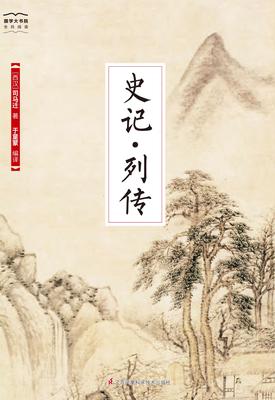
国学大书院11:史记·列传
¥12.67
《史记·列传》是帝王诸侯外其他各方面代表人物的生平事迹和少数民族的传记。七十多篇《列传》,其语言简洁凝练,逻辑性强,使历史人物有血有肉、栩栩如生,历史事件生动有趣、精彩纷呈。

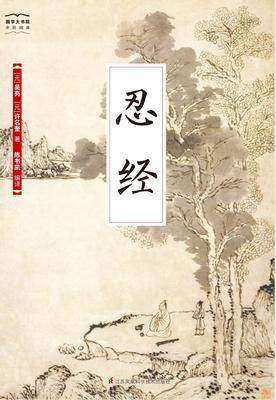
国学大书院18:忍经
¥14.00
忍是一种能力,一种修养,一种韬略“凡事忍耐,多想自己缺,增益其所不能;照顾大局,只要不妨大的原则,多多原谅人家。忍耐*难,但作为一个政治家,必须练习忍耐。”——*在1944年时对“忍耐”所做的一段精辟的剖析。君子忍人之所不能忍,容人之所不能容,处人之所不能处。——马南邨

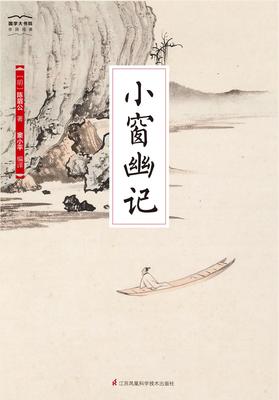
国学大书院27:小窗幽记
¥8.67
立德修身的恒言警句为学立业的至理名言《小窗幽记》为陈眉公所著的修身处世格言,条条都是人生的回味和处世的领悟,体现了儒家修身、齐家、治国、平天下的积极人生态度,又兼容了佛家超凡脱俗和道家清静无为的智慧,历来被称为修身养性、提升自我修养的佳作。

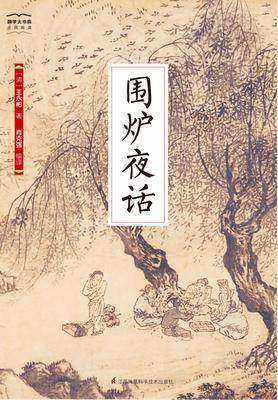
国学大书院28:围炉夜话
¥7.33
《围炉夜话》是明清时期著名的文学品评著作,全书分为221则,以“安身立业”为主旨,分别从道德、修身、读书、教子、忠孝、勤俭等十个方面,揭示了人生的深刻含义,其独到见解在中国文学史上占有重要地位。

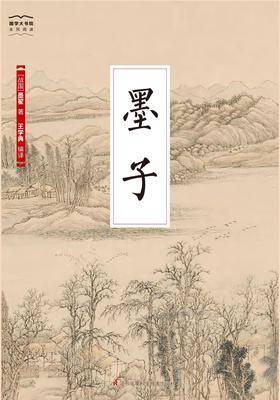
国学大书院16:墨子
¥14.00
《墨子》为战国百家中墨家的经典。墨子提倡兼爱、非攻、尚贤、尚同、天志、明鬼、非命、非乐、节葬、节用,对哲学、逻辑学都有研究和贡献。此外,他在军事学、工程学、力 学、几何学、光学上都有相当的研究和贡献,先秦的科学技术成就大都依赖《墨子》以传。

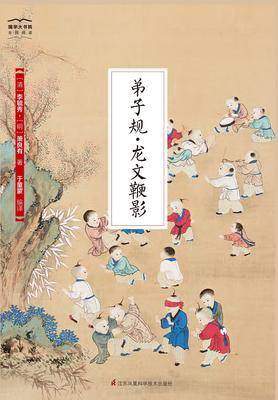
国学大书院32:弟子规·龙文鞭影
¥8.67
蒙养之学 传世经典《龙文鞭影》原名《蒙养故事》,是古代非常有名的汉族儿童启蒙读物。作者的寓意是,看了这本《龙文鞭影》,青少年就有可能成为“千里马”。《龙文鞭影》主要是介绍中国历史上的人物典故和逸事传说。它问世后,成为*受欢迎的童蒙读物之一。

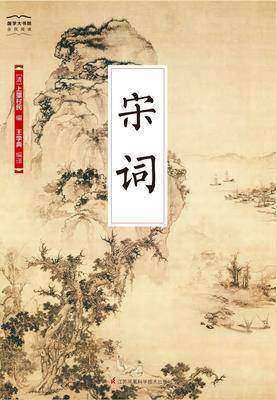
国学大书院35:宋词
¥12.67
吟诵经典 陶冶情操 采录诸词 脍炙万口 《宋词》是继唐诗后的又一种文学体裁,它兼有文学与音乐两方面的特。宋词是中国古代文学皇冠上光辉夺目的一颗巨钻,在古代文学的阆苑里,她是一块芬芳绚丽的园圃。她以姹紫嫣红、千姿百态的丰神,与唐诗争奇,与元曲斗妍,历来与唐诗并称双绝,都代表一代文学之胜。远从《诗经》《楚辞》及《汉魏六朝诗歌》里汲取营养,又为后来的明清戏剧小说输送了有机成分。直到今天,她仍在陶冶着人们的情操,给我们带来很高的艺术享受。

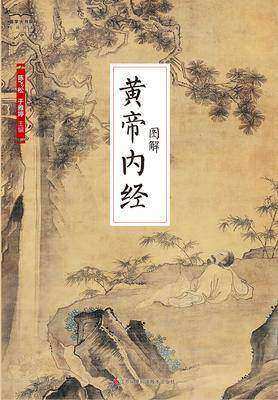
国学大书院38:图解黄帝内经
¥29.33
《黄帝内经》又称《内经》,假托黄帝之名而作,成书于战国或西汉时期。它是上古乃至太古时代中国人在医学和养生方面的智慧结晶,标志着中国医学由经验医学上升为理论医学的新阶段。它和《伏羲八卦》《神农本草经》并称为“上古三坟”,是我国现存*早的一部医学理论典籍,是中国人养心、养性、养生的千年圣典,也是一本蕴含中国生命哲学源头的大百科全书。

ROS Robotics By Example - Second Edition
¥371.39
Learning how to build and program your own robots with the most popular open source robotics programming framework About This Book Get to know the fundamentals of ROS and apply its concepts to real examples Learn how to write robotics applications without getting bogged down in hardware problems Learn to implement best practices in ROS development Who This Book Is For This book is for robotic enthusiasts, researchers and professional robotics engineers who would like to build robot applications using ROS. It gives the robotics beginner and the ROS newbie an immensely practical introduction to robot building and robotics application coding. Basic knowledge of GNU/Linux and the ability to write simple applications is assumed, but no robotics knowledge, practical or theoretical, is needed. What You Will Learn Control a robot without requiring a PhD in robotics Simulate and control a robot arm Control a flying robot Send your robot on an independent mission Learning how to control your own robots with external devices Program applications running on your robot Extend ROS itself Extend ROS with the MATLAB Robotics System Toolbox In Detail ROS is a robust robotics framework that works regardless of hardware architecture or hardware origin. It standardizes most layers of robotics functionality from device drivers to process control and message passing to software package management. But apart from just plain functionality, ROS is a great platform to learn about robotics itself and to simulate, as well as actually build, your first robots. This does not mean that ROS is a platform for students and other beginners; on the contrary, ROS is used all over the robotics industry to implement flying, walking and diving robots, yet implementation is always straightforward, and never dependent on the hardware itself. ROS Robotics has been the standard introduction to ROS for potential professionals and hobbyists alike since the original edition came out; the second edition adds a gradual introduction to all the goodness available with the Kinetic Kame release. By providing you with step-by-step examples including manipulator arms and flying robots, the authors introduce you to the new features. The book is intensely practical, with space given to theory only when absolutely necessary. By the end of this book, you will have hands-on experience on controlling robots with the best possible framework. Style and approach ROS Robotics By Example, Second Edition gives the robotics beginner as well as the ROS newbie an immensely practical introduction to robot building and robotics application coding. ROS translates as "robot operating system"; you will learn how to control a robot via devices and configuration files, but you will also learn how to write robot applications on the foundation of this operating system.
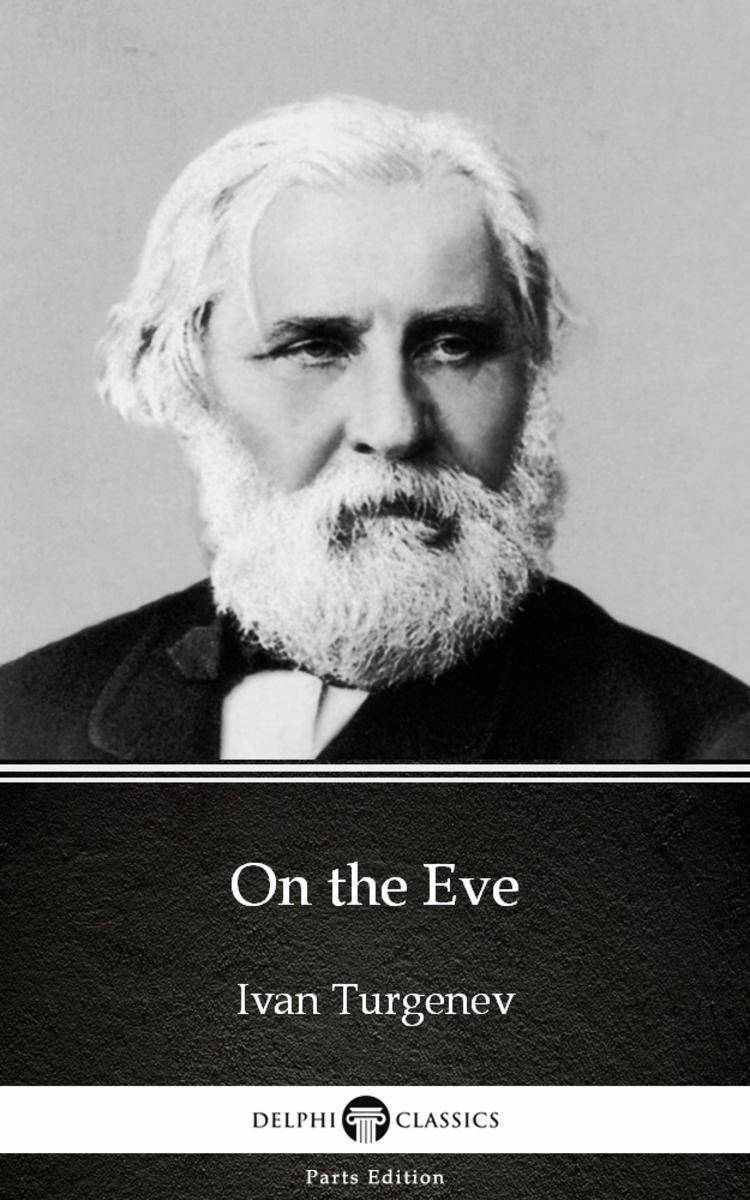
On the Eve by Ivan Turgenev - Delphi Classics (Illustrated)
¥8.09
This eBook features the unabridged text of ‘On the Eve by Ivan Turgenev - Delphi Classics (Illustrated)’ from the bestselling edition of ‘The Collected Works of Ivan Turgenev’. Having established their name as the leading publisher of classic literature and art, Delphi Classics produce publications that are individually crafted with superior formatting, while introducing many rare texts for the first time in digital print. The Delphi Classics edition of Turgenev includes original annotations and illustrations relating to the life and works of the author, as well as individual tables of contents, allowing you to navigate eBooks quickly and easily. eBook features: * The complete unabridged text of ‘On the Eve by Ivan Turgenev - Delphi Classics (Illustrated)’ * Beautifully illustrated with images related to Turgenev’s works * Individual contents table, allowing easy navigation around the eBook * Excellent formatting of the text Please visit www.delphiclassics.com to learn more about our wide range of titles
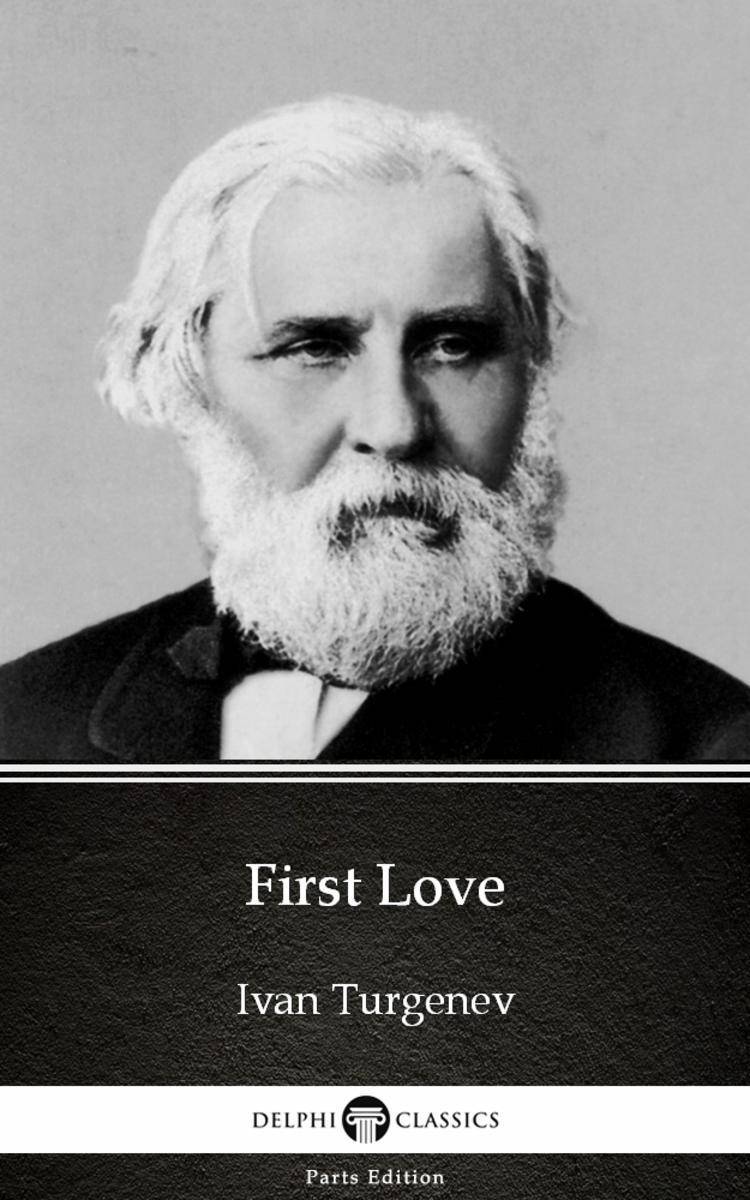
First Love by Ivan Turgenev - Delphi Classics (Illustrated)
¥8.09
This eBook features the unabridged text of ‘First Love by Ivan Turgenev - Delphi Classics (Illustrated)’ from the bestselling edition of ‘The Collected Works of Ivan Turgenev’. Having established their name as the leading publisher of classic literature and art, Delphi Classics produce publications that are individually crafted with superior formatting, while introducing many rare texts for the first time in digital print. The Delphi Classics edition of Turgenev includes original annotations and illustrations relating to the life and works of the author, as well as individual tables of contents, allowing you to navigate eBooks quickly and easily. eBook features: * The complete unabridged text of ‘First Love by Ivan Turgenev - Delphi Classics (Illustrated)’ * Beautifully illustrated with images related to Turgenev’s works * Individual contents table, allowing easy navigation around the eBook * Excellent formatting of the text Please visit www.delphiclassics.com to learn more about our wide range of titles
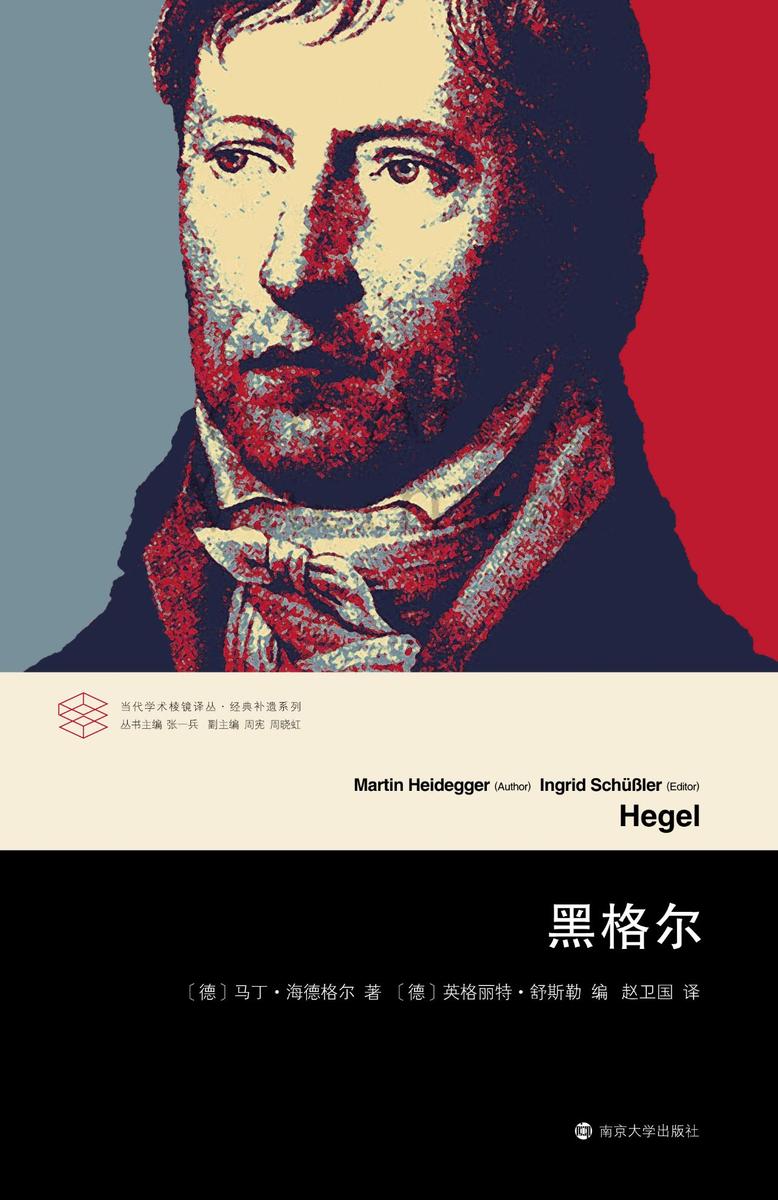
当代学术棱镜译丛·经典补遗系列:黑格尔
¥21.00
《黑格尔》被收海德格尔《全集》第68卷,分为两个部分,*部分是围绕黑格尔的重要概念“否定性”,对黑格尔的“有”“无”“变”等概念行阐释,其*的特是概要性地列出了研究黑格尔的思路和计划,是研究海德格尔解构黑格尔思想*珍贵的一手资料。第二部分:对黑格尔《精神现象学》“导论”的解释,不同于《黑格尔的经验概念》中对导论16段的逐段阐释,而是将“导论”概括为五个部分行解释,高屋建瓴,与16段阐释和第32卷《黑格尔的精神现象学》相映生辉,共同构成海德格尔对《精神现象学》的完整阐释。

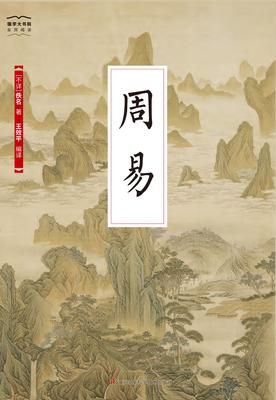
国学大书院05:周易
¥16.00
智慧中的智慧 预测学中的行为学《周易》是群经之首,是经典中之经典,哲学中之哲学,谋略中之谋略。从《周易》中,哲学家看到辩证思维,史学家看到历史兴衰,政治家看到治世方略,军事家可参悟兵法,企业家亦可从中找到经营的方法,同样,芸芸众生也可将其视为为人处世、提高修养的不二法宝。 本书将《周易》的六十四卦分别予以详细解读,每卦独立自成一体,各节皆有原文、译文、启示,每卦之后附有中外著名事例,以期抛砖引玉之效。 《周易》一书作为中国早熟的思想文化体系,它在中国传统思想文化中的重要地位,已为世所公认。《周易》被称为六经之首,就是一种证明。

Прода?ться все: Джефф Безос та ера Amazon
¥36.79
Dignità o miseria della natura umana? ?C'è un principio supposto prevalere tra molti che è del tutto incompatibile con ogni virtù o senso morale [...] Questo principio è che ogni benevolenza è mera ipocrisia, l'amicizia un inganno, lo spirito pubblico una farsa, la fedeltà un trucco per procurare fiducia e confidenza; e mentre tutti noi, in fondo, perseguiamo solo il nostro interesse privato, indossiamo questi bei travestimenti in modo da abbassare le difese degli altri ed esporli maggiormente alle nostre astuzie e macchinazioni?... Le meditazioni senza tempo di uno dei più grandi filosofi europei. SOMMARIO: Introduzione e avvertenza ai testi / Nota bibliografica: una mappa degli studi (di Fabrizio Pinna) - David Hume: Dignità o miseria della natura umana? / L'Amore di Sé. APPENDICE: Of the Dignity or Meanness of Human Nature; Of Self-love; My Own Life & Letter from Adam Smith, LL. D. to William Strahan, Esq.; Of the Reason of Animals; Of the Immortality of the Soul; Of Superstition and Enthusiasm; Of some Verbal Disputes. LE COLLANE IN/DEFINIZIONI & CON(TRO)TESTI
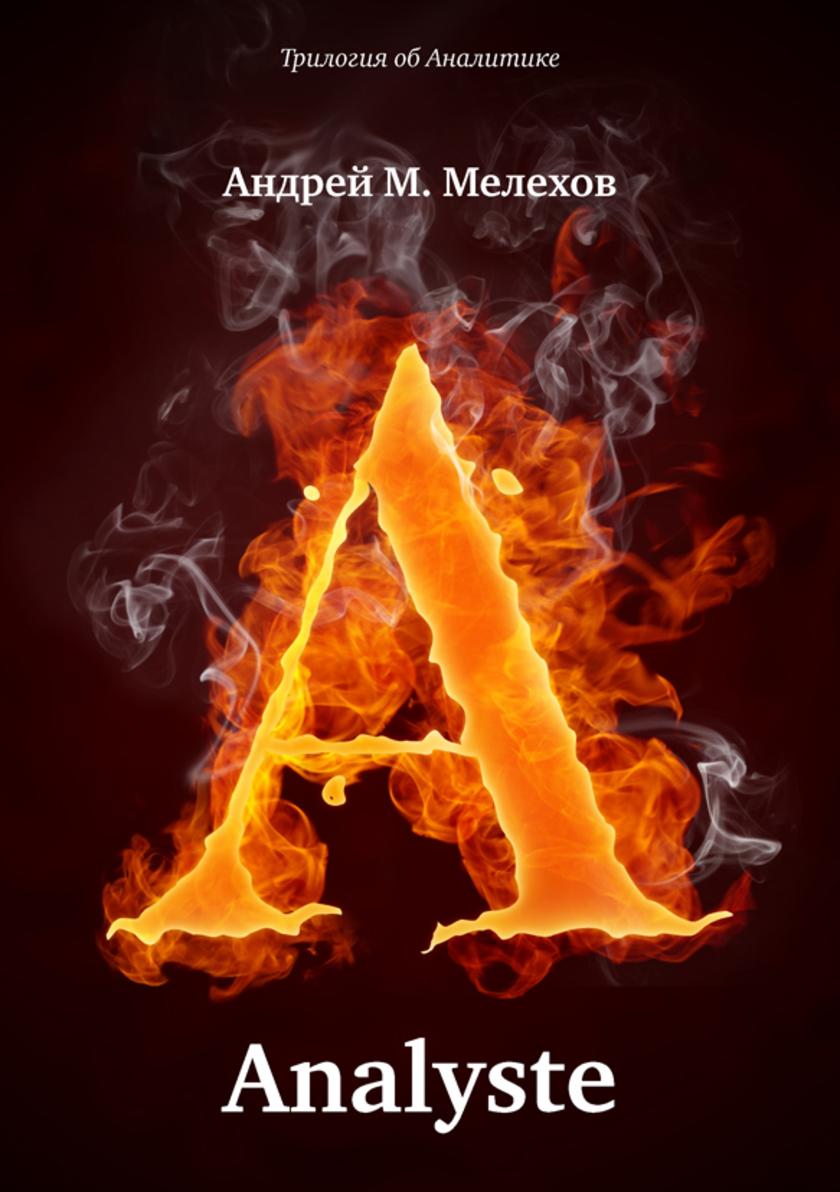
Аnalyste
¥11.77
O que somos?De onde viemos?!Para onde vamos? A que caminhos a vida nos leva? Essas e outras quest?es aflitivas e de todos os tempos nos s?o solucionadas por León Denis neste opúsculo. Filho da dor, Denis sabe, como você também, o quanto viver, muitas vezes é sofrer. E por isso apresenta, de modo t?o leve a solu??o espírita, racional, para o problema do existir. Mais do que um livro de Filosofia espírita, você tem em m?os palavras de consolo e estímulo para que cada trope?o do caminho seja compreendido e por assim dizer, aproveitado! Venha acompanhar-nos nesta viagem e descubra, em rápidos parágrafos os porquês de sua vida, da nossa vida, do planeta, do Universo.? Aos poucos, entenderemos com a lógica espírita como tudo esta em seu devido lugar.
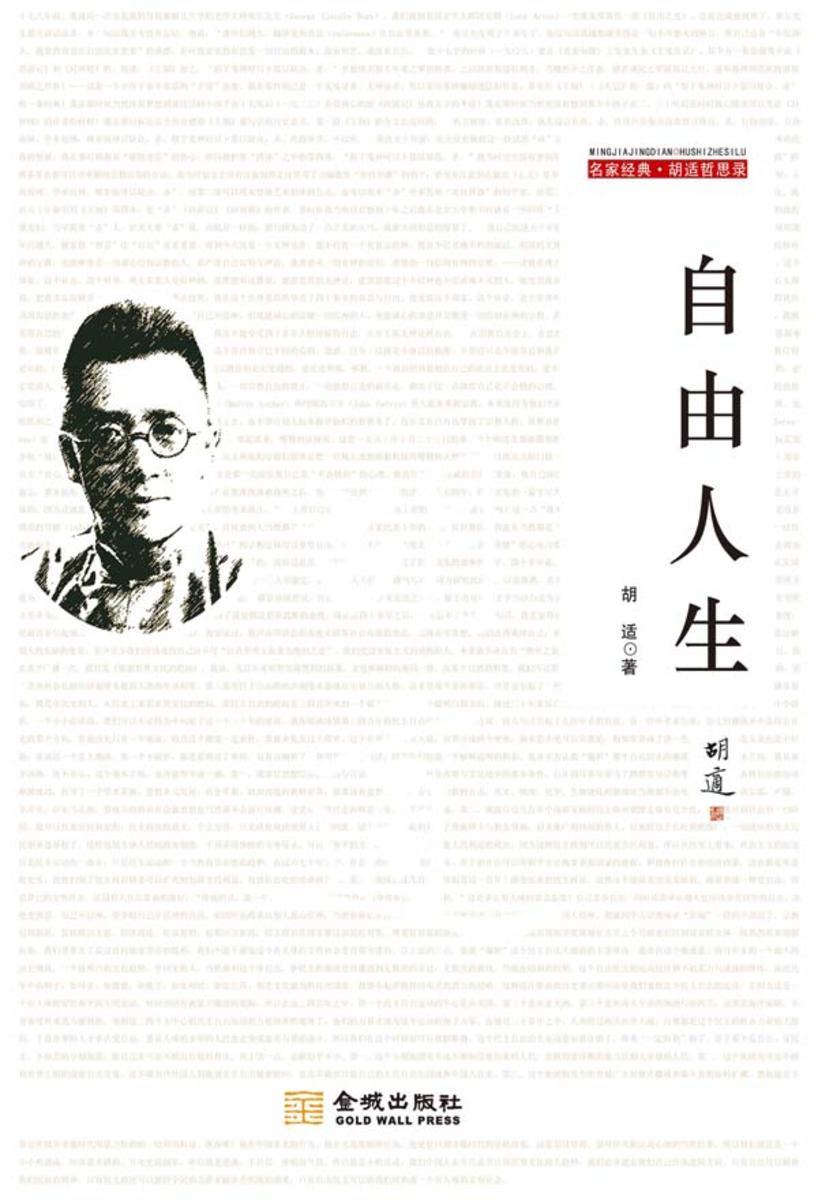
自由人生
¥2.00
本书围绕“自由人生”这一主题,在注重所选篇目着重全面性的基础上,收录了胡适各个时期的主要著述,涵盖其一生学术文化历程;同时又有所侧重,着重选择了有启蒙意义、关乎个人修养与处事历练、做学问的态度与方法以及对人生与世局的观察与体验等方面的内容。这些或是激昂或是从容的文字充满思辨力量,对当代读者仍不乏启迪的意义。 在书中,胡适用简单朴实的白话文,开启民众智识的心门;他以追求自由的人生,鉴照中国现代文明的来临。全书共分两篇,包括:家国篇,我们需要什么样的人生;天下篇,我们时代所需要的自由。 此外,书中还配以大量珍贵图片,*限度地还原胡适先生思想精华,以当年文章回应当今时代主题。
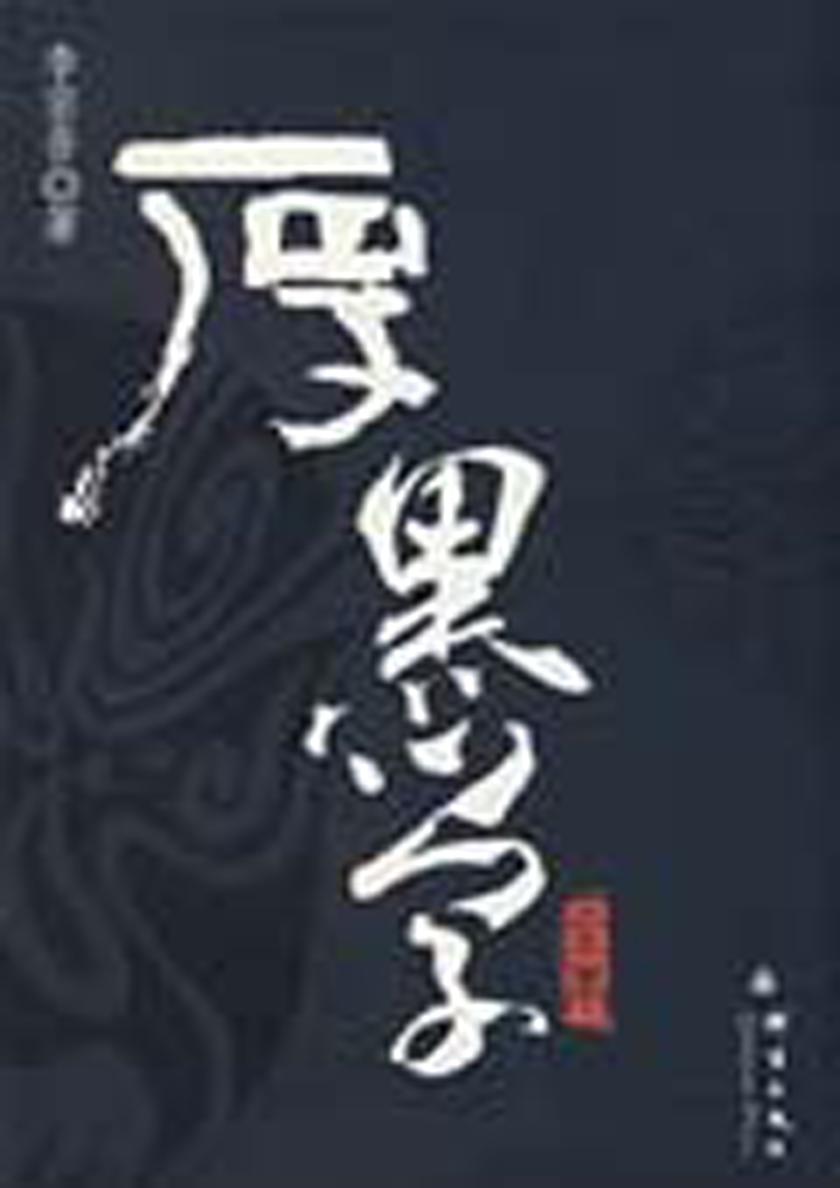
厚黑学全本(一代奇才的大破大立之作,史上最好的厚黑学全本)
¥35.19
李宗吾的《厚黑学》被有些人称为天下“奇书”,自发表以来,经历了近百年沧桑岁月,可说是众说纷纭,褒贬不一,虽然有其糟粕,但它至今能流传下来,说明其有一定的价值和一定影响力。 这本书写于军阀混战时期,当时国家积弱、军阀混战、时局动荡、民不聊生,许多仁人志士都在探索富国强民的道路。李宗吾先生就是在思想极度苦闷、报国无门的情况下,奋笔著述了《厚黑学》。全书通过分析古代封建统治阶级内部为争权夺利而勾心斗角、尔虞我诈的种种权术的运用,讽刺当时国民党政府的腐败和那些丑态百出的官员,用正话反说的方式,揭穿了下年官场的黑幕,振聋发聩。厚黑学重要的是把中国几千年帝制后面的文化心理中陈芝麻烂谷子的东西全部晾晒了出来,有学者评价说厚黑理论是“对汉民族腐朽文化和堕落人性的考古报告”。

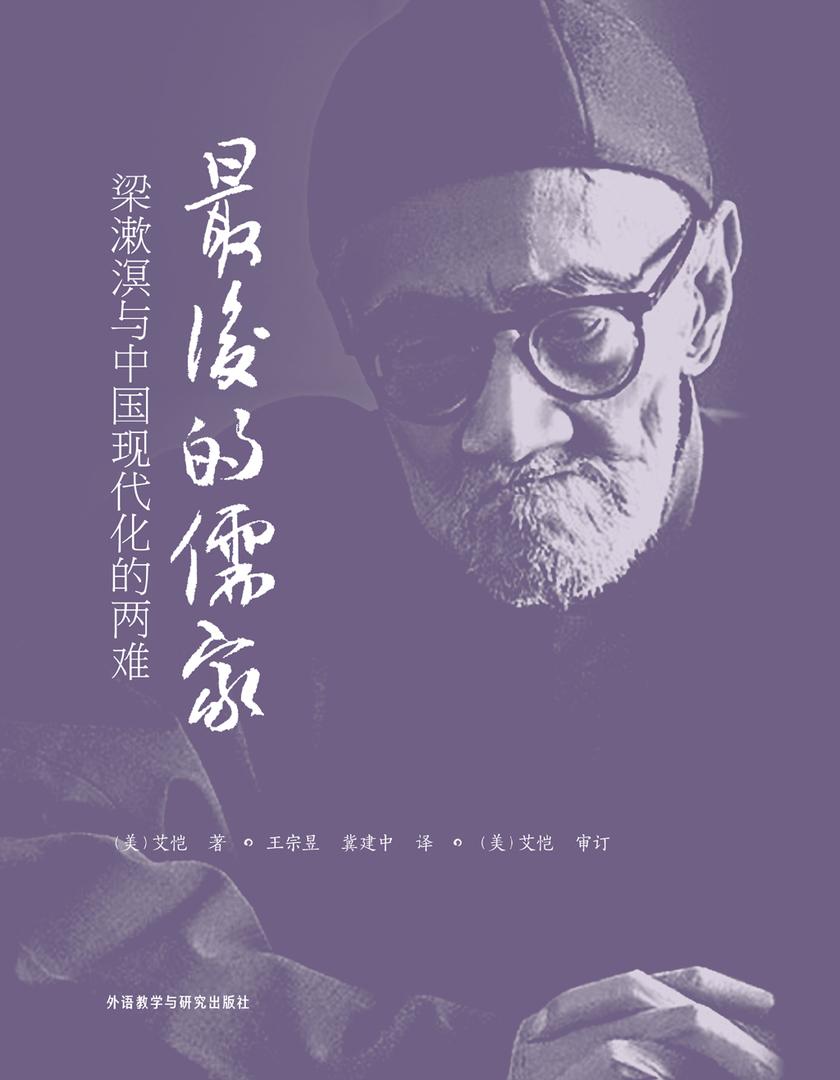
后的儒家——梁漱溟与中国现代化的两难
¥13.08
《后的儒家:梁漱溟与中国现代化的两难》是海内外部研究梁漱溟的专著,深入考察了梁漱溟的成长背景、思想发展轨迹、重要社会活动,并将之置于世界性反现代化思潮的大背景下予以解读。本书1979年获美国历史学会东亚史研究*著作奖。
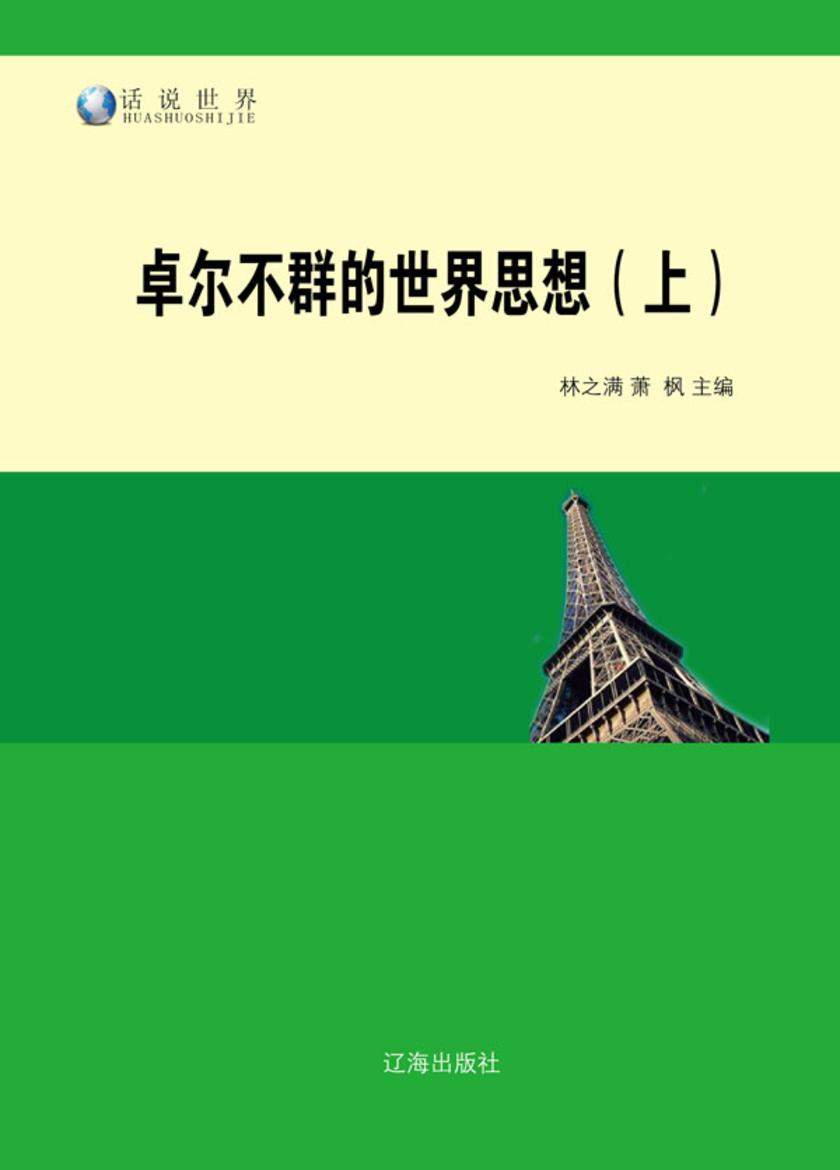
卓尔不群的世界思想(上)
¥2.80
历史对于整个人类,就像记忆对于我们每个人一样,它说明我们现在做的是什么,为什么我们这样做,以及我们过去是怎样做的。因此谁要想了解世界,就必须知道它的历史。
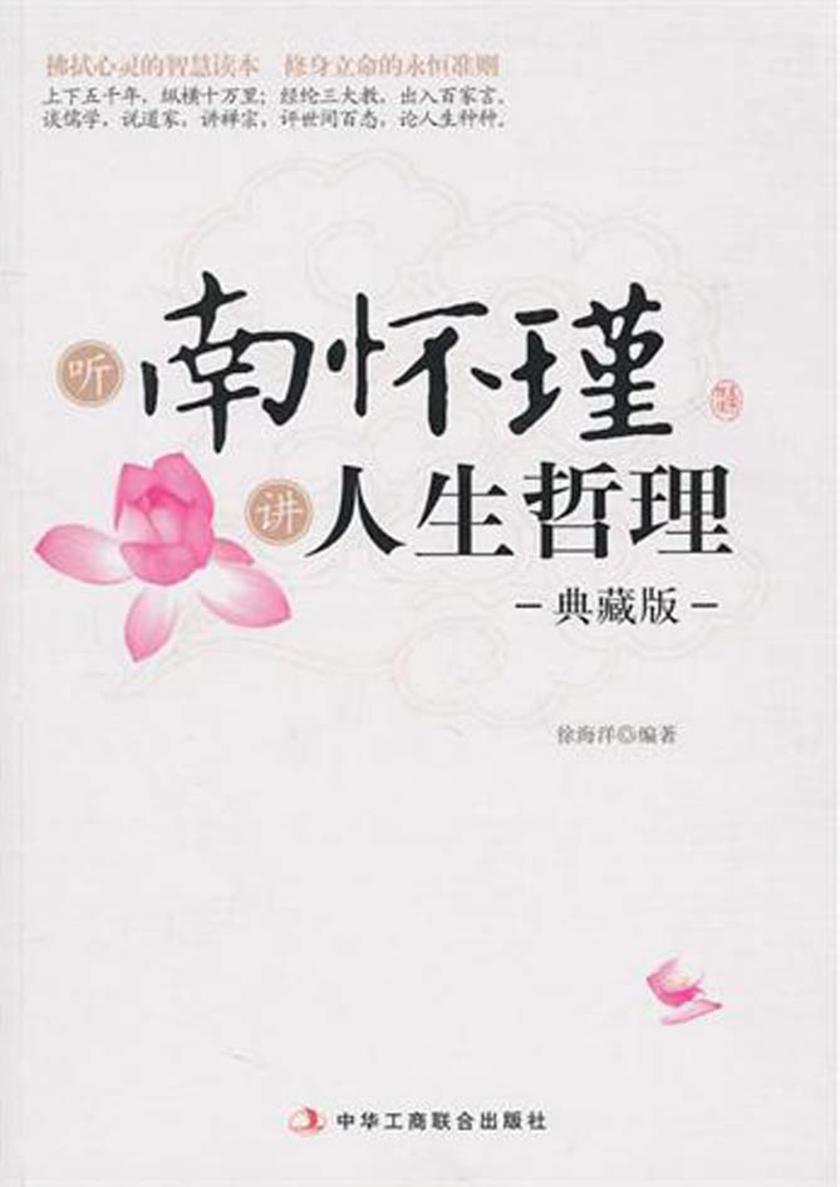
听南怀瑾讲人生哲理
¥4.39
南怀瑾讲解的人生哲理,看似波澜不惊,却发人深省,他仿佛一座连接古今的桥梁,弥补了当今中华文化的断层。数千年来,孔子、老子、庄子、释迦牟尼等圣人高居圣坛之上,成为世人高山仰止、顶礼膜拜的神像,同时也蒙上了历史的尘埃。通过南先生别具一格的讲解,你会发现圣人们的形象与以往诸多学者经学中塑造的形象大相径庭,仿佛是身边循循善诱、学识渊博的长者在向你讲述人生的哲理,而这源于他自身修养与学问的沉淀,没有故弄玄虚的高深莫测,有的只是平凡中的智慧闪光。
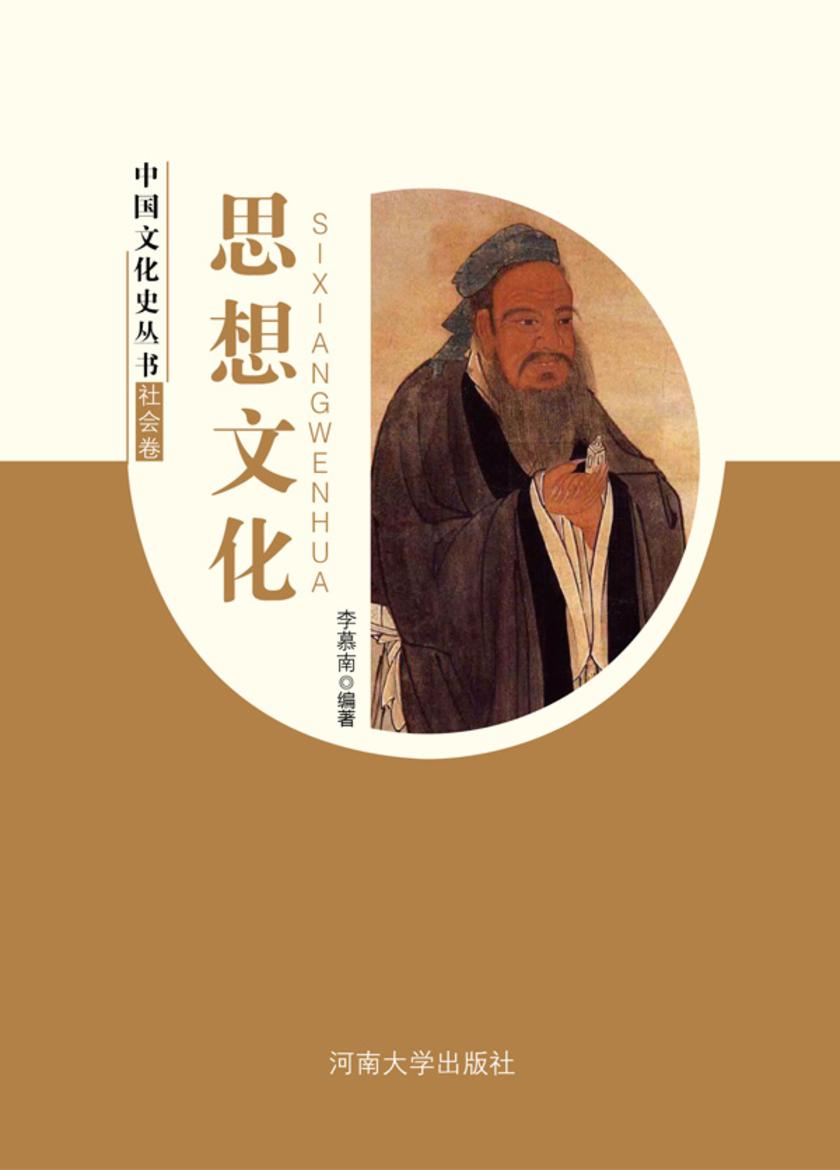
思想文化
¥2.93
中华民族是世界上古老的民族,中华文明是世界上悠久的文明之一。中国有文字记载的历史近5000年之久,从公元前841年开始,有文献可考的编年史从未间断,至今已近3000年,这在人类历史的长河中是*的。世界四大文明古国中,只有中国的历史始终传承有序,从未中断。




 购物车
购物车 个人中心
个人中心



